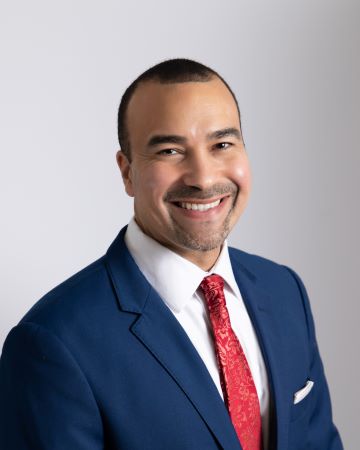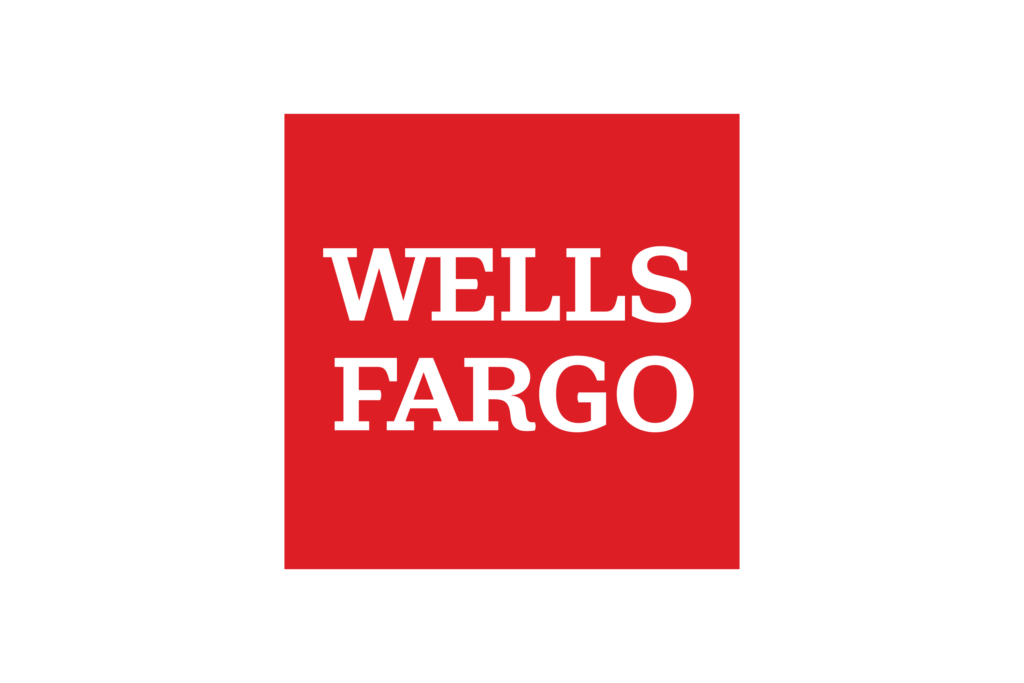“Talking Purpose with Carolyn Berkowitz” is an interview series offering a chance to get to know CSR thought leaders and learn from their journeys.


In this interview, we are thrilled to chat with AJ Jordan (LinkedIn), Head of Community Relations at Wells Fargo.
How did you get your start in corporate citizenship?
I began my career as a social worker and public education advocate, organizing diverse community coalitions with activists, civic leaders, elected officials and neighborhood residents that increased educational opportunities and quality of life for children and families. Those experiences serve as a constant reminder for me that our ability as corporate citizenship leaders to create more equitable communities can only be achieved through the power of partnerships and must be informed by the lived experiences and wisdom of the individuals we seek to serve through our philanthropy.
My personal and professional experiences in the non-profit sector reaffirmed my commitment to life-long values of equity and social justice and shaped my leadership philosophy as the Head of Community Relations for Wells Fargo, overseeing a team of geographically-based leaders across the country who deploy over $100MM in annual philanthropic resources, implement high-impact employee volunteer programs, build partnerships with stakeholders, and support disaster relief efforts to strengthen local communities.
What advice or lesson learned do you most often share with members of your team or other CSR professionals?
To be fully committed to the field of corporate citizenship includes the responsibility to recognize and confront the ways that our sector has contributed to systemic inequities within society. As a grant maker in financial services, I often reflect on the reality that our company’s philanthropic commitment to address the growing racial wealth gap within our country is linked in part to past practices within the industry – such as redlining – that have contributed to the lack of economic mobility that marginalized communities of color experience today. As CSR professionals we sometimes have a natural tendency to try and defend and justify the past and present business practices of our employers that have contributed to an inequitable society. One of the lessons I’ve learned is that a willingness to acknowledge our shortcomings with candor and humility when engaging with community stakeholders often leads to the type of authentic conversations and trust building that are essential to developing effective partnerships that drive lasting social impact.
What is one specific piece of advice you received that has served you well in your professional journey?
The importance of surrounding yourself with professional mentors and career sponsors and understanding the difference between the two. Throughout my career I’ve been fortunate to have access to a number of mentors who have served as a source of inspiration, provided sage advice, and made important professional connections. However, I would attribute the ability to advance into more senior roles to several sponsors who also provided career advice and in addition advocated for me when I wasn’t in the room and recommended my promotion into jobs with greater responsibility. I dedicate a lot of time to this topic with talented young diverse leaders who I’ve engaged with throughout my lifetime who may never reach their full career potential. Not because they lack the intellectual capacity or ability, but rather lack access to the type of sponsors willing to open the right doors to grow their careers.
Taking out your crystal ball, what current trend will still be a force five years from now and why?
I think it’s essential that the concept of trust-based philanthropy and a willingness to provide more unrestricted capacity-building funds to non-profits continues to be a priority among grant makers. We often see these trends play out in times of crises such as during the first wave of COVID. Facing global health and financial crises, funders demonstrated a collective willingness to relax their onerous grant restrictions and provide immediate philanthropic support to non-profits who in turn quickly deployed resources into programs and services that helped communities rebound from the pandemic. It’s important that we demonstrate a willingness to be more flexible with allocating our resources and place fewer restrictions on funding our non-profit partners, particularly those who have demonstrated a track record of delivering positive outcomes for our most vulnerable citizens.
Who’s someone you admire and why?
One of the most inspiring leaders I’ve worked with in my career was Mike DiBerardinis “Mike D”, a beloved Philadelphia civic leader who spent a half century in public service in various mayoral and gubernatorial administrations. He is one of the most optimistic leaders you’ll ever meet and had a unique ability to build authentic relationships with people from all backgrounds and motivate them into action for the betterment of the city. I remember towards the end of his career asking him about the biggest challenge he faced in public service and without hesitation he said it was reminding people every day that there are endless possibilities for us to work together to solve our most pressing challenges if we trust and believe in each other. He was never deterred by the daunting challenges facing communities and had the ability to both inspire and challenge people into bridging their differences to focus on a common vision for addressing our most persistent issues.

